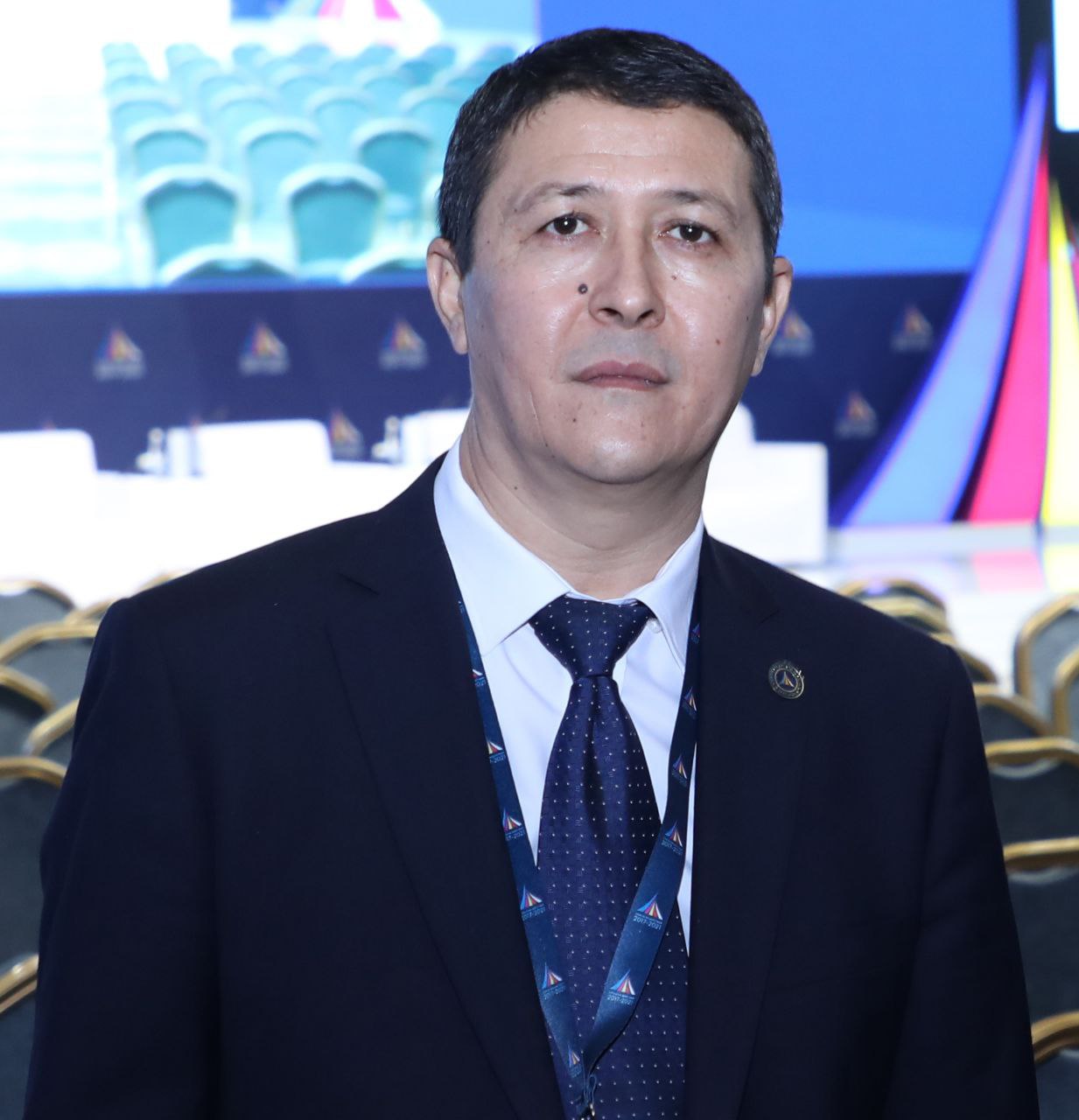Phone
Consular Issues
Phone
My Constitution

UZBEKISTAN: BUILDING A DEMOCRATIC SOCIAL STATE IS A MAJOR TASK
Uzbekistan has set the goal of replacing the principle of "state-society-human" with the new principle of "human-society-state" and enshrining it in constitutional legislation and constitutional practice, and above all putting the interests of the individual above all else.
On December 7, 2021, President Sh. Mirziyoyev in his speech dedicated to the 29th anniversary of the adoption of the Constitution of the Republic of Uzbekistan said: "Today Uzbekistan is boldly advancing on the path of building a social state and a just society. Therefore, it is time to enshrine as a constitutional norm the principle "New Uzbekistan is a social state".
It should be noted that a social state is a model of a state that aims to provide quality education, qualified medical care, comprehensive support for families, children, women, the elderly, the disabled, housing for the needy, employment, safe working conditions and poverty reduction.
It is important to note that over the past five or six years, the country has realized the basic requirements of a social state, including:
First, the 2017-2021 Action Strategy and the 2022-2026 Development Strategy prioritize social development, fair social policies, and human capital development.
Secondly, the Ministry of Poverty and Employment has been established, Monocenters have been launched, Iron Notebook, Women's Notebook and Youth Notebook have been established, payment of 100 percent pension to working pensioners has been launched, and 2022 has been declared as the "Year of Glorification of Human Dignity and Active Mahalla". A social protection strategy was approved and the problem of poverty in the country was recognized. In each locality (mahalla) the position of assistant governor was introduced, responsible for poverty reduction, development of entrepreneurship, creation of jobs, increase of population's income. Most importantly, a new system of care for the population was established.
Thirdly, special attention was paid to education and medicine corresponding to the social state. Under the motto "Investing in Education - Investing in a Great Future", unprecedented reforms have been carried out to progressively improve the system of continuous education, quality education and training of qualified personnel. As a result, the coverage of preschool education increased from 27.7 per cent to 67 per cent, the proportion of qualified teachers with higher education in schools increased from 81.8 per cent to 87.8 per cent, compulsory 11-year school education was restored, the workload of school teachers was optimized and forced labour was abolished, and the coverage of young people in higher education increased from 9 per cent to 38 per cent.
The funds allocated from the budget for health care were increased from 7.3 trillion soums to 24.7 trillion soums, the average monthly salary of doctors from 1131.2 thousand soums to 3282.7 thousand soums, the salary of nurses from 692.1 thousand soums to 2008.6 thousand soums, the funds allocated from the budget for health care from 7.3 trillion soums to 24.7 trillion soums, the average monthly salary of doctors from 1131.2 thousand soums to 3282.7 thousand soums, the salary of nurses from 692.1 thousand soums to 2008.6 thousand soums, and the average monthly salary of doctors from 1131.2 thousand soums to 3282.7 thousand soums. The number of universities in the field of medicine increased from 7 to 9, and the number of private medical organizations increased from 4,000 to 7,049. In short, the basis for building a social state in Uzbekistan has been created.
The updated Constitution declares Uzbekistan a social State. The number of norms relating to the State's social obligations has almost tripled.
The principle "The new Uzbekistan is a social State" is enshrined as a constitutional norm; the draft Constitution includes such additions as preventing child labor, ensuring reliable protection of the rights of persons with disabilities and members of the elderly generation, providing housing for socially needy categories of citizens, determining the minimum wage, and the right to receive a guaranteed amount of medical care at State expense.
As a result, the socio-economic rights and freedoms of man and citizen guaranteed by constitutional norms are, in turn, supported by a corresponding obligation of the state.
This, in turn, provides strong constitutional protection for the results achieved in recent years within the framework of the Action Strategy and the realization of the objectives defined within the Development Strategy. They are enshrined in the Constitution so that our future generations can enjoy their rights and freedoms in peace.
Jamshid Sharipov,
Expert of the Development Strategy Center













